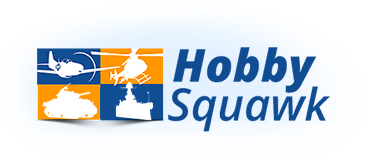I found this when I was matching paint for the P40. Mixed the green, then added some red and white to make the brown. Also, I got wise and made a couple of swatches, unfortunately, I forgot with the first color so will have to mix it again. With the swatches, I can take them to Ace and scan the colors, definitely easier that way!
Grossman56





Leave a comment: